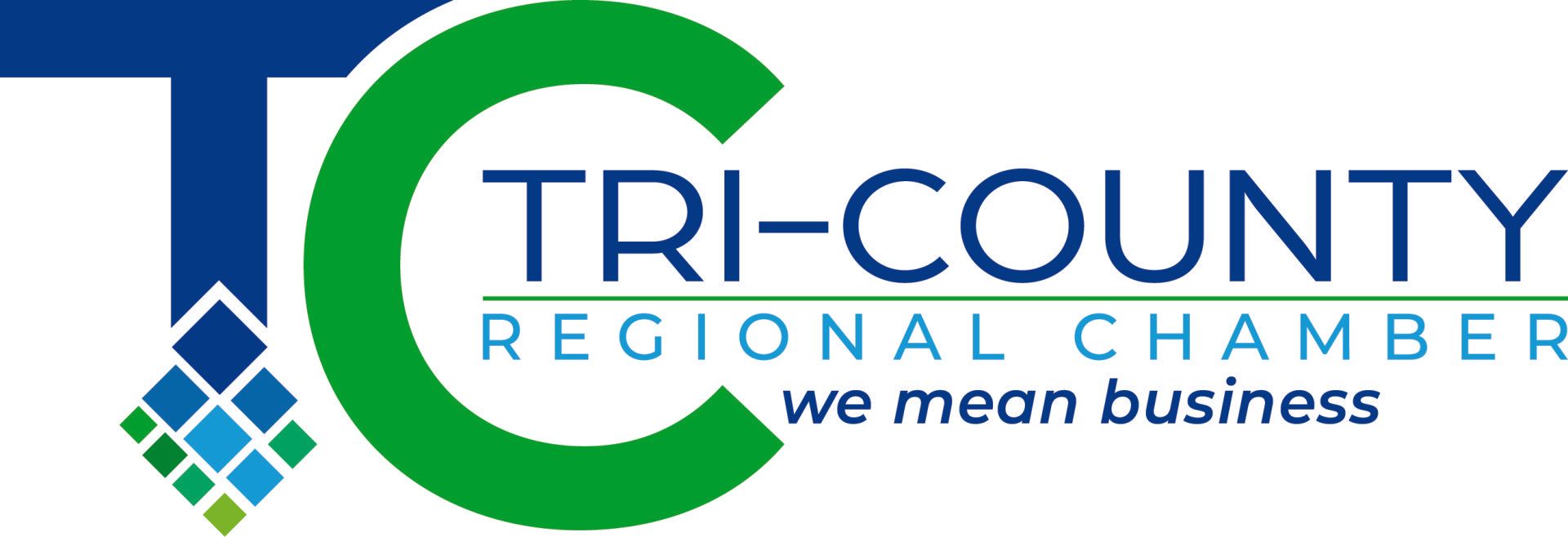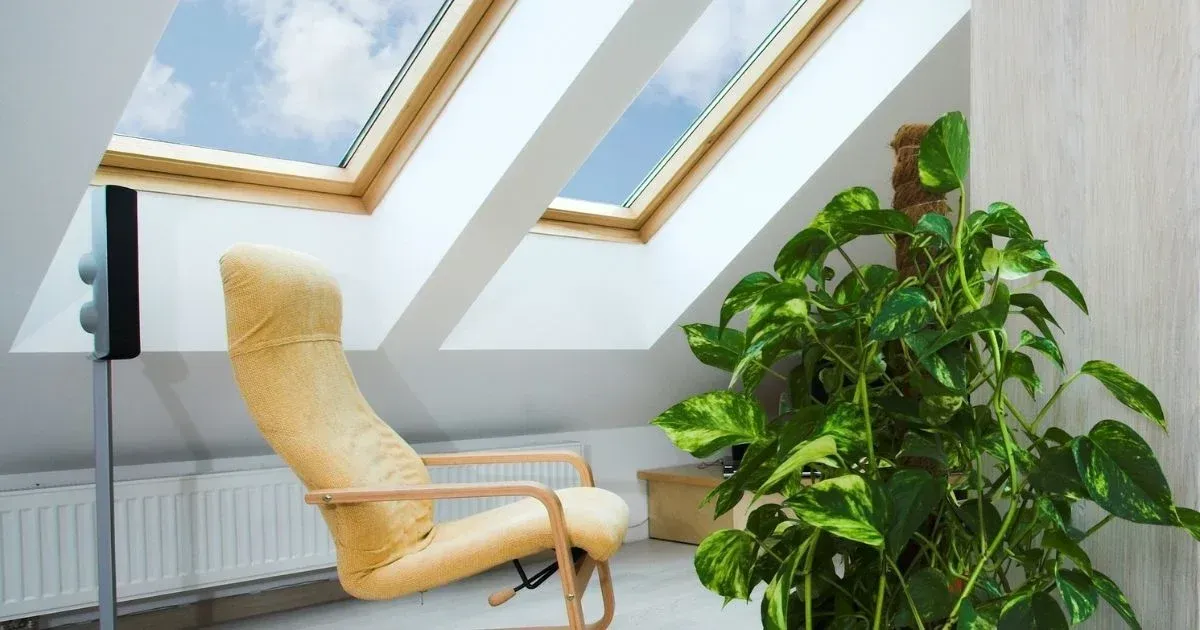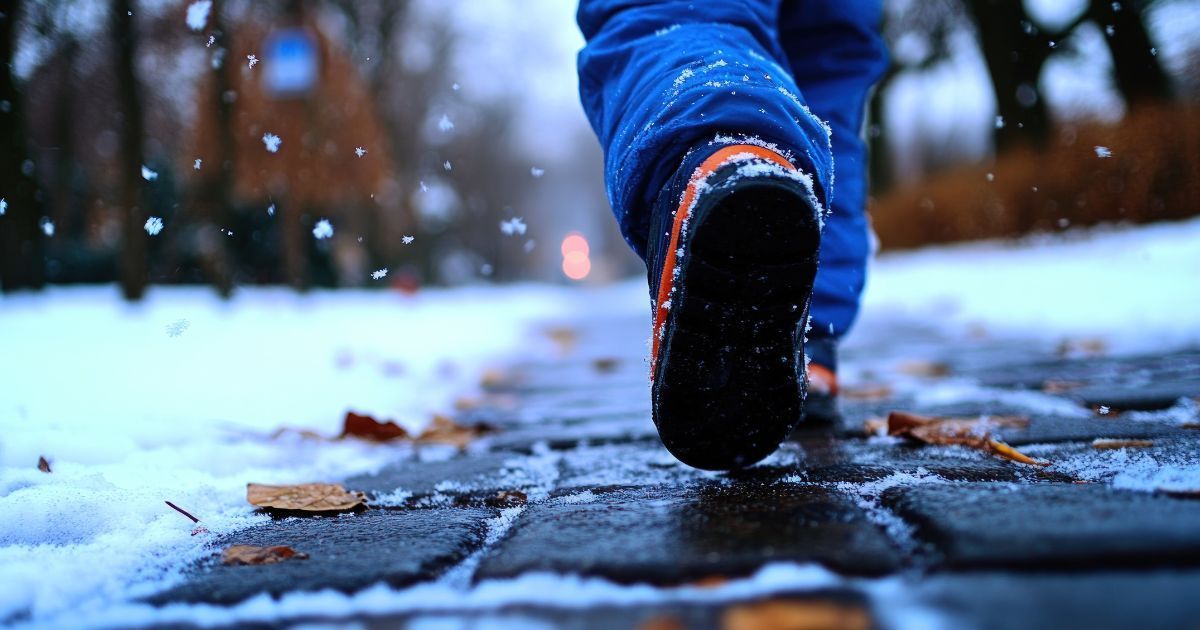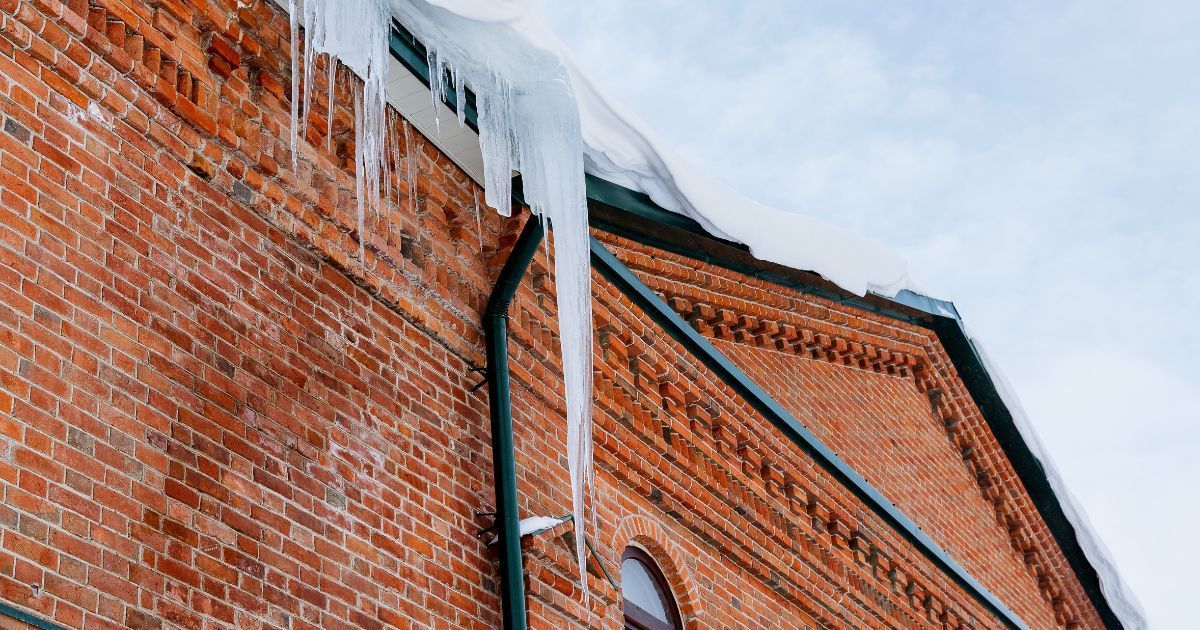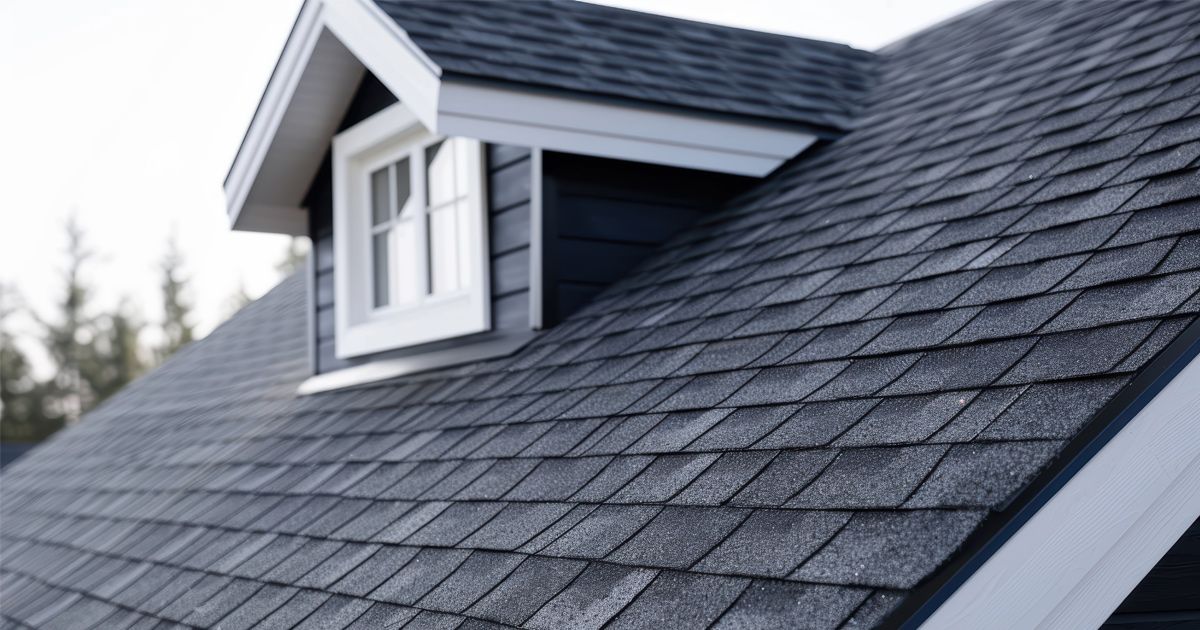Blogs
What are Self-Healing and Self-Cleaning Shingles
Roofing technology is taking a bold leap forward with self-healing and self-cleaning shingles, designed to repair minor damage and keep roofs free of algae, dirt, and debris with minimal effort. These shingles use advanced materials like heat-reactive polymers and photocatalytic coatings to boost durability, cut maintenance costs, and maintain curb appeal making them a top choice for Massachusetts’ challenging climate of heavy snow, hail, and humid summers.
Unique Features & Benefits of These Shingles?
These shingles stand out by automating common roofing fixes:
- Self-Healing: Polymers and asphalt seal cracks from hail or wind-blown branches.
- Self-Cleaning: Titanium dioxide or copper granules fight off stains and growth.
- Reduced Repairs: Cuts service calls by 30–40%
- Leak Defense: Stops water infiltration early, saving thousands in damage costs.
- Energy Savings: Reflects sunlight, cutting AC use by 10–15%
- Maintenance Drop: Eliminates $200–$500 power washing costs.
- Green Cred: No chemical cleaners, a hit with eco-conscious clients.
Long Term Benefits
Self Healing and Self Cleaning shingles have long term benefits:
- Lifespan: Adds 5–10 years by fixing issues early—think 40–50-year roofs.
- Efficiency: Cleaner surfaces reflect heat, slashing cooling costs by up to 15%.
- Market Boost: Pristine roofs lift home values 5–7% in Massachusetts’ hot real estate scene.
How Do Self-Healing Shingles Work?
Self-healing shingles are a roofer’s dream, engineered to recover from everyday wear like hail dents, branch scratches, or storm damage. Using materials that activate with heat or impact, they patch up minor flaws fast, preventing leaks and extending roof life, a perfect fit for Massachusetts’ wild weather swings.
Self Healing and Self Cleaning shingles tackle small-scale threats that often bevcome big problems:
- Fixes dents from storms and handles up to nickel-sized hail
- Seals punctures from falling twigs and debris, a frequent issue near Massachusetts pines
- Repairs minor cracks from years of freeze-thaw cycles.
Technology Behind Self-Healing
Smart shingle materials power the repair process:
- Polymers - Thermoplastic elastomers soften in sunlight, rebonding cracks naturally
- Enhanced Asphalt - Bitumen flows into scratches on warm days, sealing tight
- Nanotechnology - Microcapsules of resin burst on impact, filling holes instantly
How Do Self-Cleaning Shingles Keep Roofs Clean?
Self-cleaning shingles take the hassle out of roof maintenance, resisting algae, moss, and dirt buildup with no need for scrubbing or chemicals. Using coatings that harness sunlight and rain, they’re a slam dunk for Massachusetts homes facing humidity, tree cover, and coastal dampness.
What Kind of Materials do They Work For?
They’re built for Massachusetts’ roof wreckers like algae, moss and dirt.
- Prevent algae black streaks, common in humid summers
- Stops moss growth in shady, damp spots of the roof
- Repels pollen, dirt, soot, keeping roofs bright and clean
Which Brands Offer These Shingles?
Leading roofing brands are embracing self-healing and self-cleaning tech, giving Massachusetts roofers premium products to install. GAF, Owens Corning, TAMKO, Atlas and CertainTeed all offer this type of shgingles.
GAF Offerings
GAF’s offers several lines including:
- StainGuard Plus™: Copper tech fights algae for 25–30 years.
- Timberline UHDZ™: High-end aesthetics with top stain resistance.
Owens Corning Products
Owens Corning offers several lines including:
- StreakGuard®: Stops algae streaks - perfect for tree-lined suburbs.
- WeatherLock® Mat: Self-sealing layer adds leak-proofing.
Other Notable Brands
Several other roofing manufacturers offer these types of shingles:
- CertainTeed Landmark Solaris®: Reflective granules cool and clean.
- TAMKO Heritage: Algae Defense tech prevents discoloration.
- Atlas Pinnacle Pristine: 3M Scotchgard™ slashes cleaning needs.
Are Self-Healing and Self-Cleaning Shingles Worth It?
These shingles carry a higher price tag, but for Massachusetts homeowners facing brutal winters and sticky summers, the investment pays off. Roofers can highlight the durability and savings to win over clients in a state where weather takes no prisoners.
They’re a perfect match for certain homes:
- Western MA’s hail and wind zone areas
- Humid Areas like coastal towns
- Folks who’d rather skip roof chores.
How Do They Compare to Traditional Shingles?
Traditional asphalt shingles are the old reliable, but self-healing and self-cleaning versions outpace them in durability and ease. Roofers can use this gap to pitch a modern upgrade to Massachusetts clients tired of constant upkeep.
Traditional Shingle Pros and Cons
They’re the baseline with clear trade-offs.
- Pros - Cheap at $80–$120/square, everywhere in stock.
- Cons - Loses granules, grows algae, needs regular cleaning-$200+ yearly.
Advanced Shingle Advantages
New tech leaves old shingles behind.
- Self-Healing - Repairs itself-traditional cracks worsen.
- Self-Cleaning - No algae fights-traditional demands scrubbing.
- Resilience - Handles Massachusetts winters two times better and need fewer repairs.
Why Should You Upgrade to These Shingles?
For Massachusetts homeowners craving a roof that’s tough, gorgeous, and low-maintenance, self-healing and self-cleaning shingles are a no-brainer. Roofers can offer a standout service that saves clients money and hassle for decades.
Getting Started
Master Roof has the experience necessary to install the roofing materials right for your home. They are certified for GAF and Owens Corning roofing systems and serve the Boston Metrowest area and beyond.
